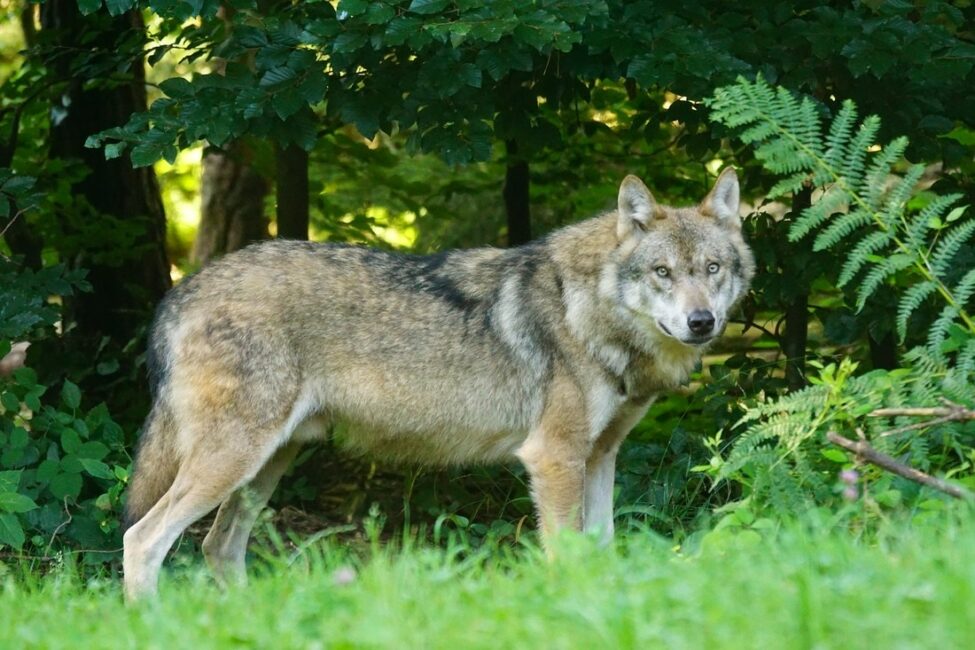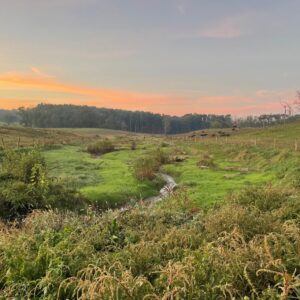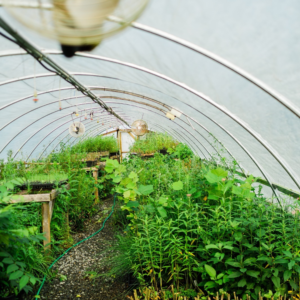
To think like a mountain is to have a complete appreciation for the profound interconnectedness of the elements in the ecosystems. It is an ecological exercise using the intricate web of the natural environment rather than thinking as an isolated individual.
This term coined by Aldo Leopold in his book A Sand County Almanac. In the section entitled “Sketches Here and There” Leopold discusses the thought process as a holistic view on where one stands in the entire ecosystem. To think like a mountain means to have a complete appreciation for the profound interconnectedness of the elements in the ecosystems. It is an ecological exercise using the intricate web of the natural environment rather than thinking as an isolated individual.
Aldo Leopold first came up with this term as a result of watching a wolf die off. In those days of Leopold’s adventures, no one would ever pass up killing a wolf because fewer wolves meant more deer, which meant great hunting experiences. However, when Leopold saw the “fierce green fire dying in her eyes” he knew that neither the mountain nor the wolf deserved this. Leopold stated in his book, A Sand County Almanac:
”Since then, I have lived to see state after state extirpate its wolves. I have watched the face of many a newly wolfless mountain, and seen the south-facing slopes wrinkle with a maze of new deer trails. I have seen every edible bush and seedling browsed, first to anaemic desuetude, and then to death. I have seen every edible tree defoliated to the height of a saddlehorn … In the end the starved bones of the hoped-for deer herd, dead of its own too-much, bleach with the bones of the dead sage, or molder under the high-lined junipers … So also with cows. The cowman who cleans his range of wolves does not realize that he is taking over the wolf’s job of trimming the herd to fit the change. He has not learned to think like a mountain. Hence we have dustbowls, and rivers washing the future into the sea”.
In this example Leopold shows that the removal of a single species can result in serious negative consequences in an ecosystem. While trophic cascades is one way to think like a mountain, there are countless other environmental actions that can be categorized under this broad and interconnected concept.
What do you think about the holistic view of the entire ecosystem?
Knowledge Credits:
https://faculty.ithaca.edu/mismith/docs/environmental/leopold.pdf
https://en.wikipedia.org/wiki/Thinking_like_a_mountain


